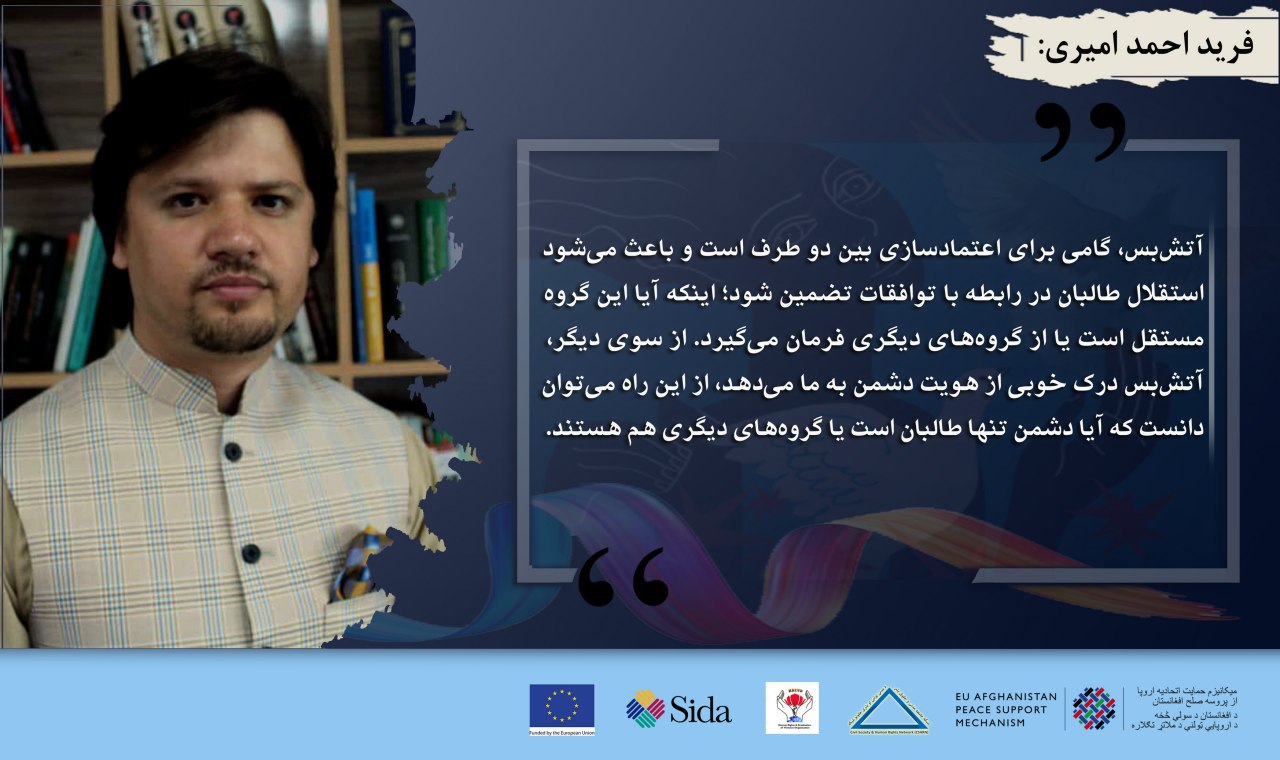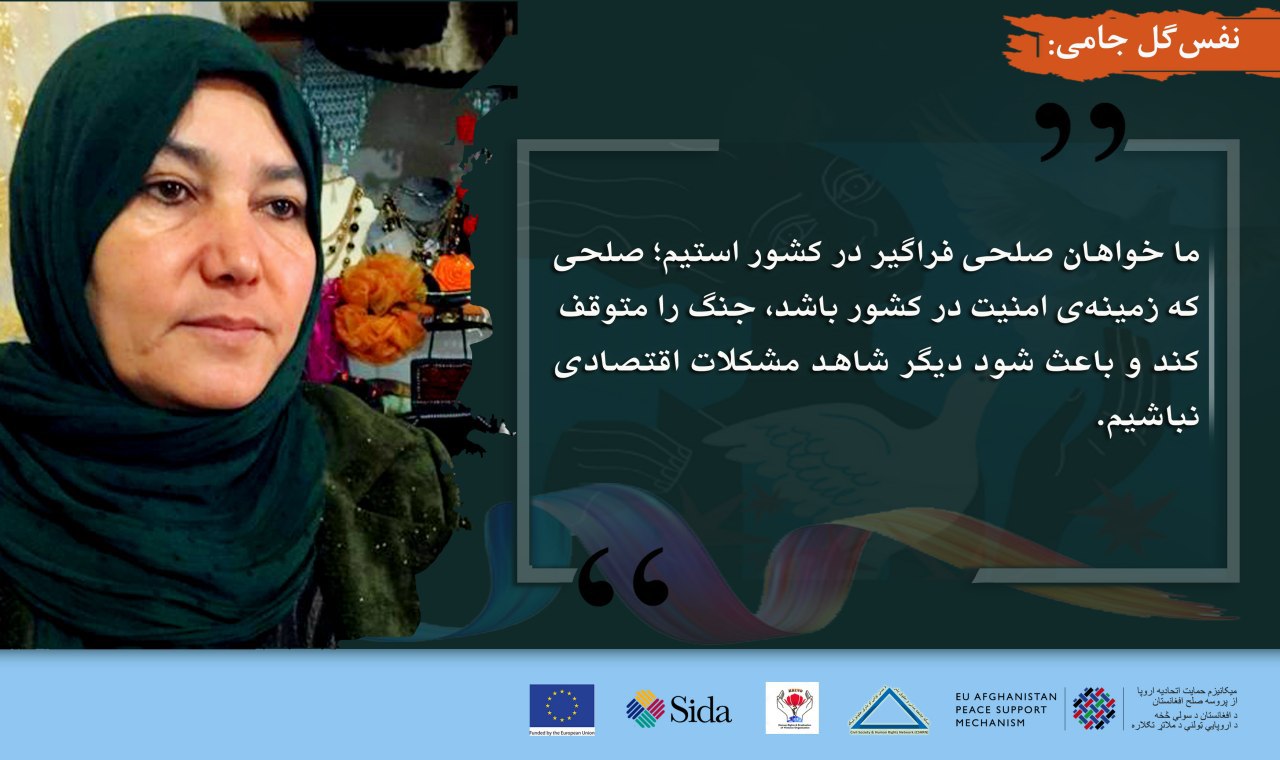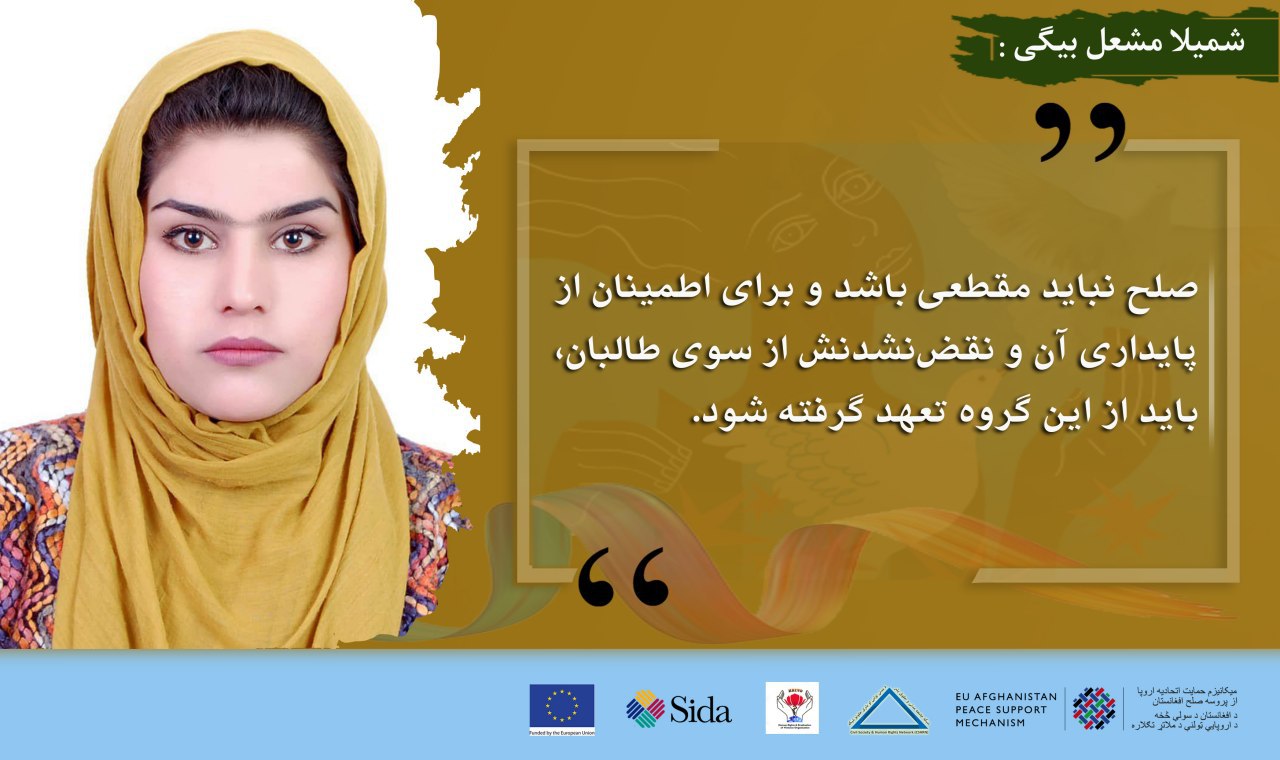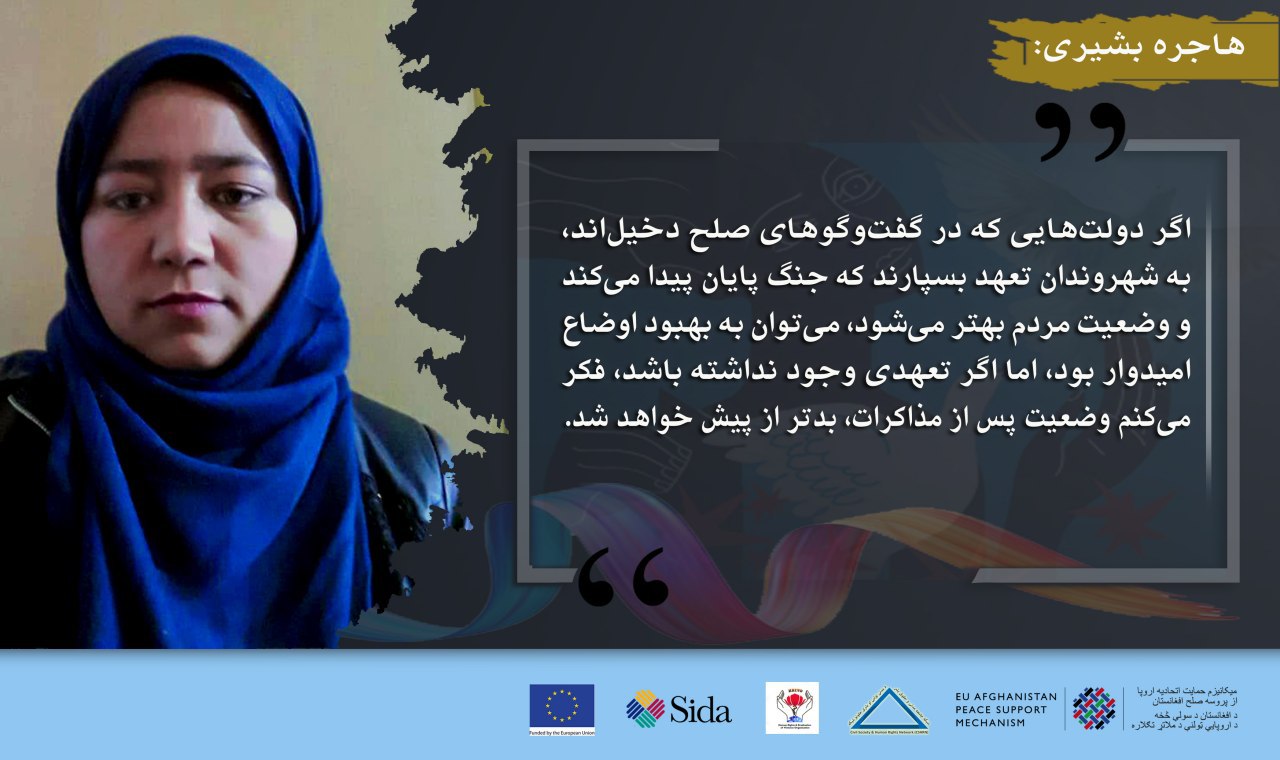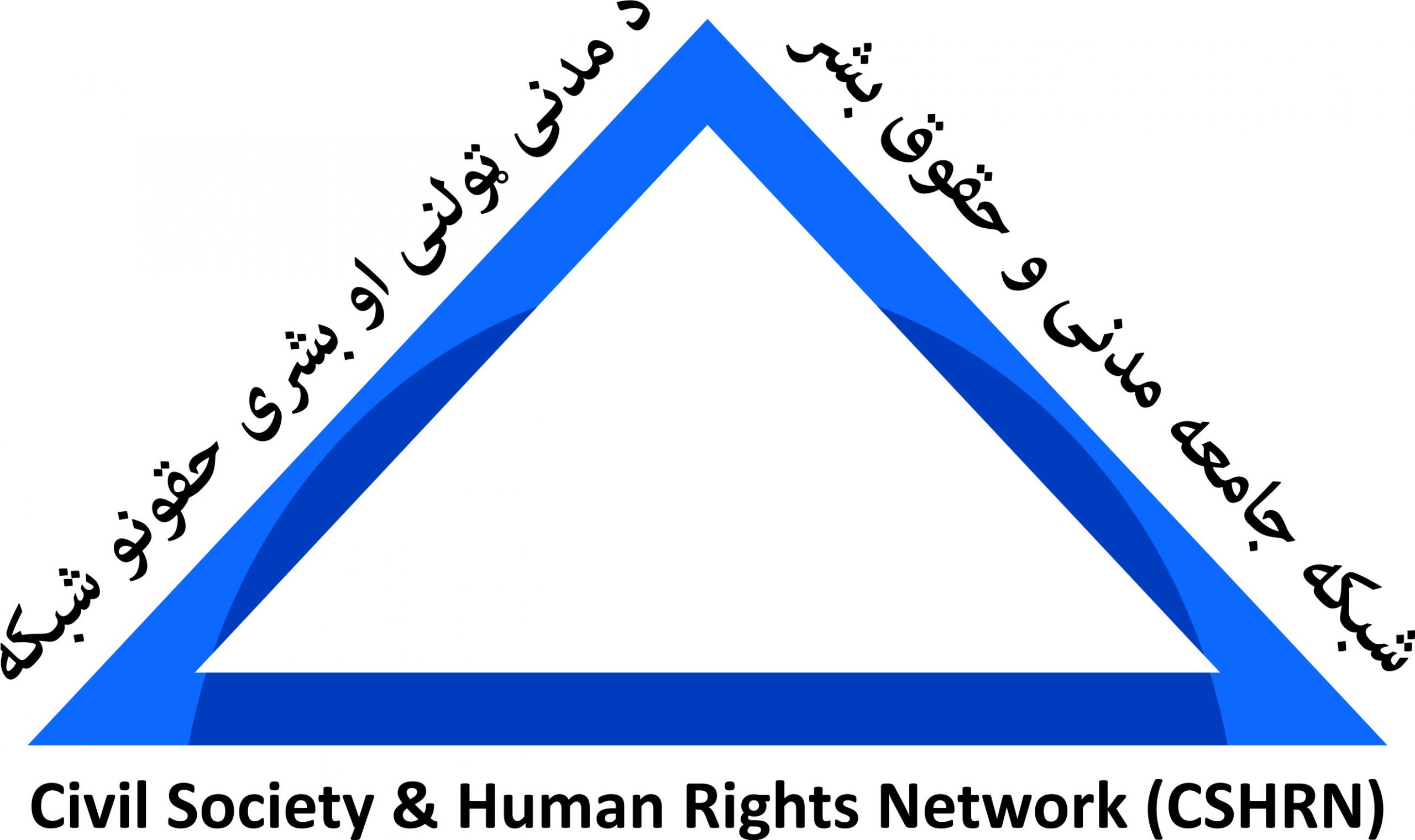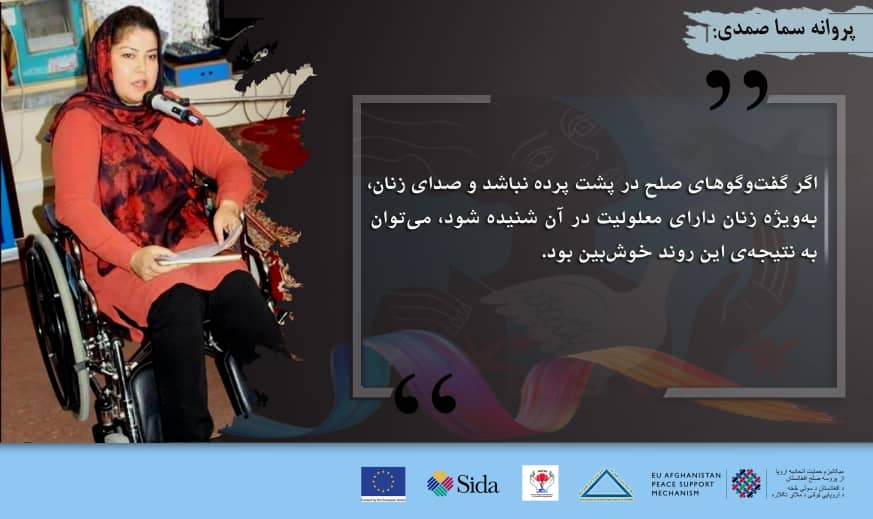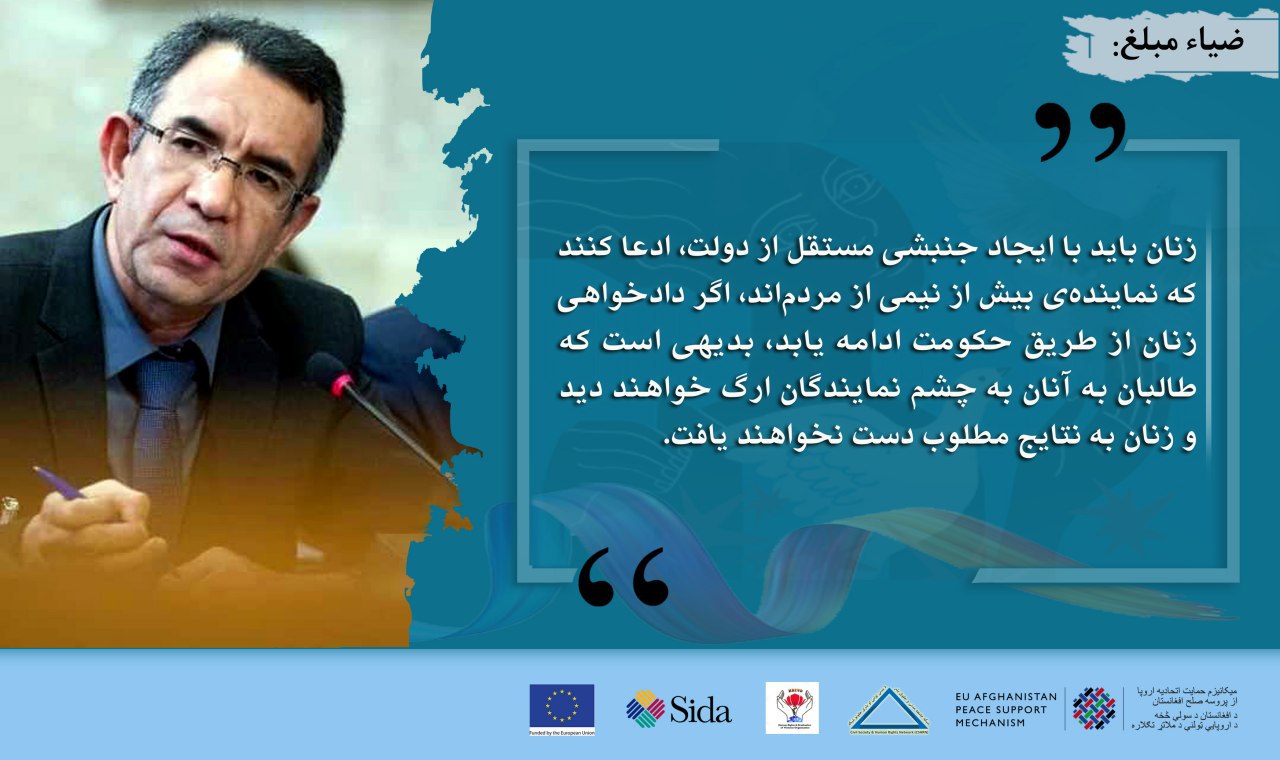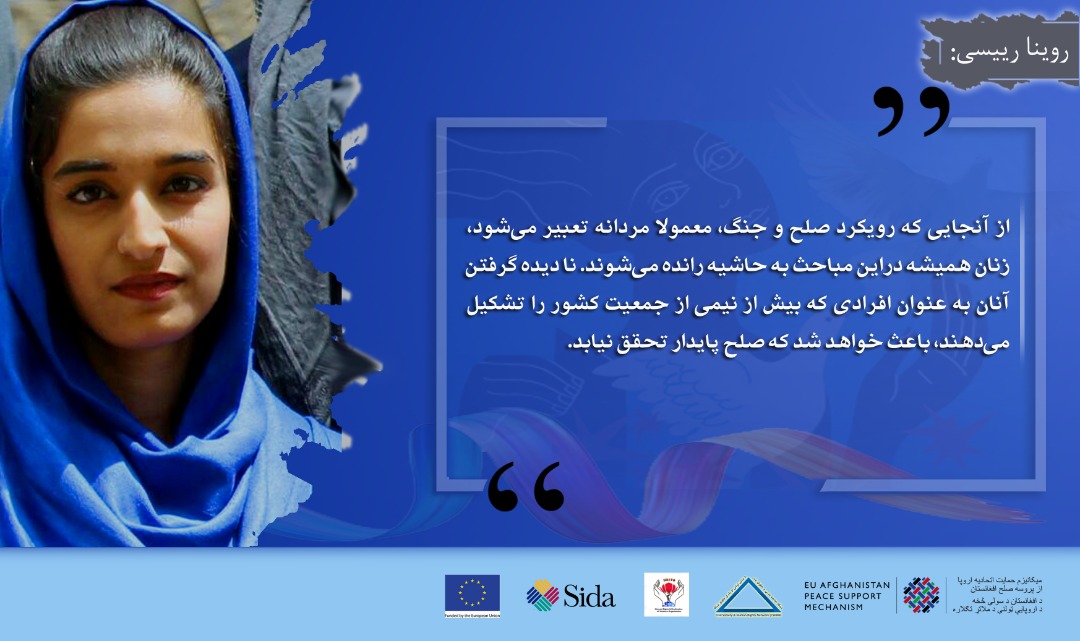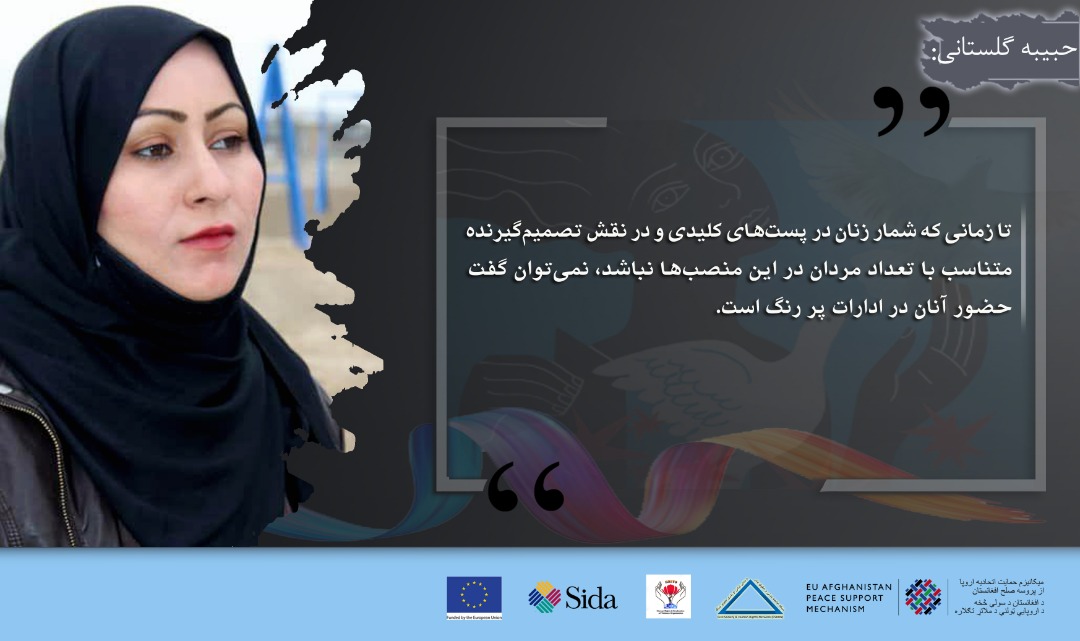Taliban Offering Local Guarantees to Fulfill Commitments is not Enough
The Taliban’s continued killings and bloodshed following a peace deal with the United States of America, has turned the group to an unreliable partner. Experts believe that guarantees offered by the group to fulfill its commitments under a peace agreement in particular with regard to women’s rights is not sufficient.Farid Ahmad Amiri, a socio-political activist, told the Civil Society and Human Rights Network (CSHRN) that the only way to ensure Taliban do not violate their post-negotiation commitments, especially on women's rights, international community must offer guarantee. "The agreement that will be signed between the government and the Taliban must also entail signature of international community, international human rights institutions and countries that support democracy and freedoms."Network: Experts believe that there is a difference of opinion between the political leaders of the Taliban and the Taliban on the battlefield, will the negotiations reach a favorable outcome?Amiri: I think it is naive to expect a lasting peace after the peace deal. A fragile peace may be established, but the conflict may still continue as some members of the Taliban may either form new fronts or join other terrorist groups due to the differences of opinion among them.Network: What do you mean by the differences of opinion among Taliban members?Amiri: Some numbers of the Taliban are extreme and view conflict as the only viable option, while others are committed to peace. Some of the Taliban fighters are foreign nationals who fight the government of Afghanistan, will continue to fight by joining the ISIS or other terrorist groups. However, a large number of Taliban members who are under the influence of their political leaders, if properly managed, could join the peace settlement. Women's rights and freedom of expression are among the values that Mr. Amiri believes are in danger of being ignored…
